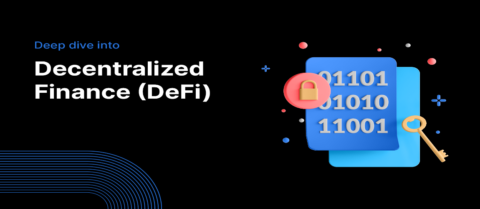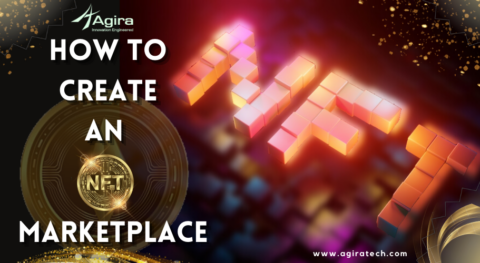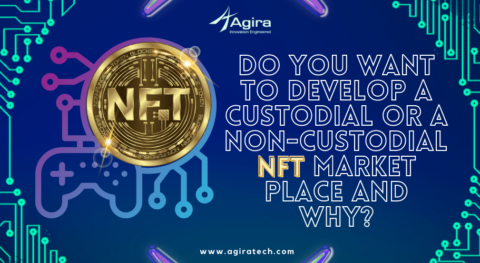Regardless of your line of business, you’ve undoubtedly heard about blockchain and cryptocurrencies. Blockchain seems ideal for optimizing supply chains, streamlining trade, or encrypting financial transactions. And due to its transparency, adaptability, and security, blockchain development has become a popular alternative for businesses. But with so many platforms to choose from, it can be hard to pick which blockchain is best for your company. This blog will help you choose the right blockchain services. Let’s see them one by one.
Do you need blockchain in your business?
If you are not sure whether blockchain is appropriate for your sector, try to answer the following questions:
- Do I need to handle the contractual ties in my company’s network?
- Should we keep track of transactions involving more than two parties?
- Can the net gain from greater trust, accountability, and openness in recordkeeping be measured?
- Is the existing system prone to mistakes because of manual tasks or redundant work?
- Are fraud, cyberattacks, and human error risks present in the current transaction system?
- Is the present system too complicated or expensive?
- Spending more money results from the requirement for an intermediary or a centralized point of control.
If you feel the need for an upgrade, then you should consider upgrading your business with blockchain technology.
Benefits of using blockchain technology
When you are considering a new technology to power your business, there are a few things you need to take into account. Here are some thoughts on when blockchain may be a good option for your business.
- Blockchain technology offers several benefits for businesses, including transparency, security, and efficiency as it is a distributed ledger holding encrypted data.
- Blockchain technology is secure and tamper-proof as it ensures that tampering with one block of data will disturb the hash values of all previous blocks thus discouraging hackers to tamper with a block.
- Blockchain can help to improve trust between businesses and their customers, and can also help to reduce fraud and waste.
- Blockchain can help manage and automate business processes via programs called smart contracts which are also deployed on the blockchain network.
- Businesses can also reduce the cost and time of processing transactions and tracking assets.
- Blockchain technology is a rapidly growing field. There is potential for it to create new markets and opportunities.
Recognizing Downturns in Business Processes
Evaluate your current business processes for bottlenecks, and pay special attention to the segments prone to delay, annoyance, errors, and redundant work. Now think about “What obstacles do I have in my present transaction networks?”
How do businesses choose the right blockchain service?
Businesses should evaluate the specific needs of their business before deciding which blockchain service is best for them and determine which is best suited for their needs, based on their specific industry and needs.
Businesses should choose a blockchain service that is affordable, reliable, and has a good user experience. Businesses should monitor their blockchain service and make necessary adjustments as needed.
When you decide to implement a blockchain solution, it faces several challenges. The first is choosing the right blockchain platform. There are many to choose from, and each has its own set of features and benefits.
Next, the business needs to decide which transactions to include in the blockchain. This can be a difficult task, as the blockchain is designed to streamline transactions and reduce the number of steps involved.
Once the transactions are decided, the business needs to determine how to transmit the data. It can be done in several ways, including using a private blockchain or a public blockchain.
Finally, the business needs to decide how to use the blockchain. That includes developing applications for it, using it to store data, or using it to process transactions.
Consider these factors when choosing blockchain services for your business.
Deciding which blockchain platform to choose for your business can be a difficult decision. There are many different platforms on the market, and each has its unique features and benefits. To make the right choice, you’ll need to consider your specific business requirements and the type of application you’re building. When researching the top blockchain platforms, you should look for features such as scalability, security, and privacy. You should also consider the cost of the solution and how easy it is to develop.
Privacy: Blockchain technology is designed to ensure a high level of privacy for its users. This is done through the use of cryptography, which is a method of securing data and communications by utilizing mathematical algorithms. This also leverages pseudonymity and decentralized storage as privacy-protection techniques. These techniques protect user data from unauthorized users and hostile attackers.
To choose between several blockchain platforms, first determine the degree of privacy for each type of data or information, such as:
- Public blockchain: permissionless
- Private blockchain: access-controlled
- Hybrid configuration: A mix of both principles
The level of privacy provided by blockchain technology depends on the type of blockchain being used. For example, public blockchains provide the highest level of privacy, while private blockchains offer the lowest as the private blockchain is intended to be a bit centralized and an administrator has control over who can take part in the blockchain network. Based on the business requirements one can choose either public blockchain or private. It is important to research the type of blockchain being used and the security measures in place before engaging with a particular platform. Doing so will ensure that your data remains safe and secure.
Number of Nodes: When it comes to choosing a blockchain service provider, one of the most important considerations is the number of nodes in the network. The more nodes there are, the more secure the network is, and the more reliable the blockchain service will be. A larger number of nodes also enhances the decentralization of the network and helps to prevent any single entity from gaining control. Every node in a blockchain network has a local copy of the global blockchain.
For example, If a hacker tries to tamper with a block he needs to alter the hash data of all previous blocks which is not feasible for the hacker. Even if he manages to do so, as long as a maximum number of nodes having the local copy of blockchain data are honest they can easily reject the changes done by the hacker thus wasting his efforts.
It is also important to consider the types of nodes in the network. Some nodes may be more secure than others, and some may have more computing power than others. It is also important to look at the geographic distribution of the nodes in the network. Having a good mix of nodes located around the world can help to ensure that the network is resilient and secure. Finally, it’s essential to consider how the network’s nodes communicate with one another and are controlled.
Scalability: The most crucial factor is scalability. The platform should be able to handle a large number of transactions and scale up as the business grows. It should also offer features that can help streamline business processes and increase efficiency.
For example, Ethereum previously had slow transaction speeds and a rise in transactions because of the huge demand. They adopted scalability solutions like sharding and other projects developed EVM-compatible sidechains like Polygon, Skale, Gnosis, etc.,
Security: The platform should provide robust security features that protect data and prevent unauthorized access. It should also be able to store data securely. Provide data privacy for customers and employees. In the blockchain, all data are hashed using certain hashing algorithms and stored in a block. If a hacker tries to change a block data, he needs to change all the previous block’s hash which is not feasible. Thus blockchain provides security by discouraging hackers to tamper with a block.
Cost: The platform should offer competitive pricing that fits within your budget. It should be easy to integrate with existing systems and easy to use for both developers and users.
All of these factors should be taken into account when choosing a blockchain service provider.
Some Blockchain Services for Businesses
There are several different types of blockchain services. Here are a few examples:
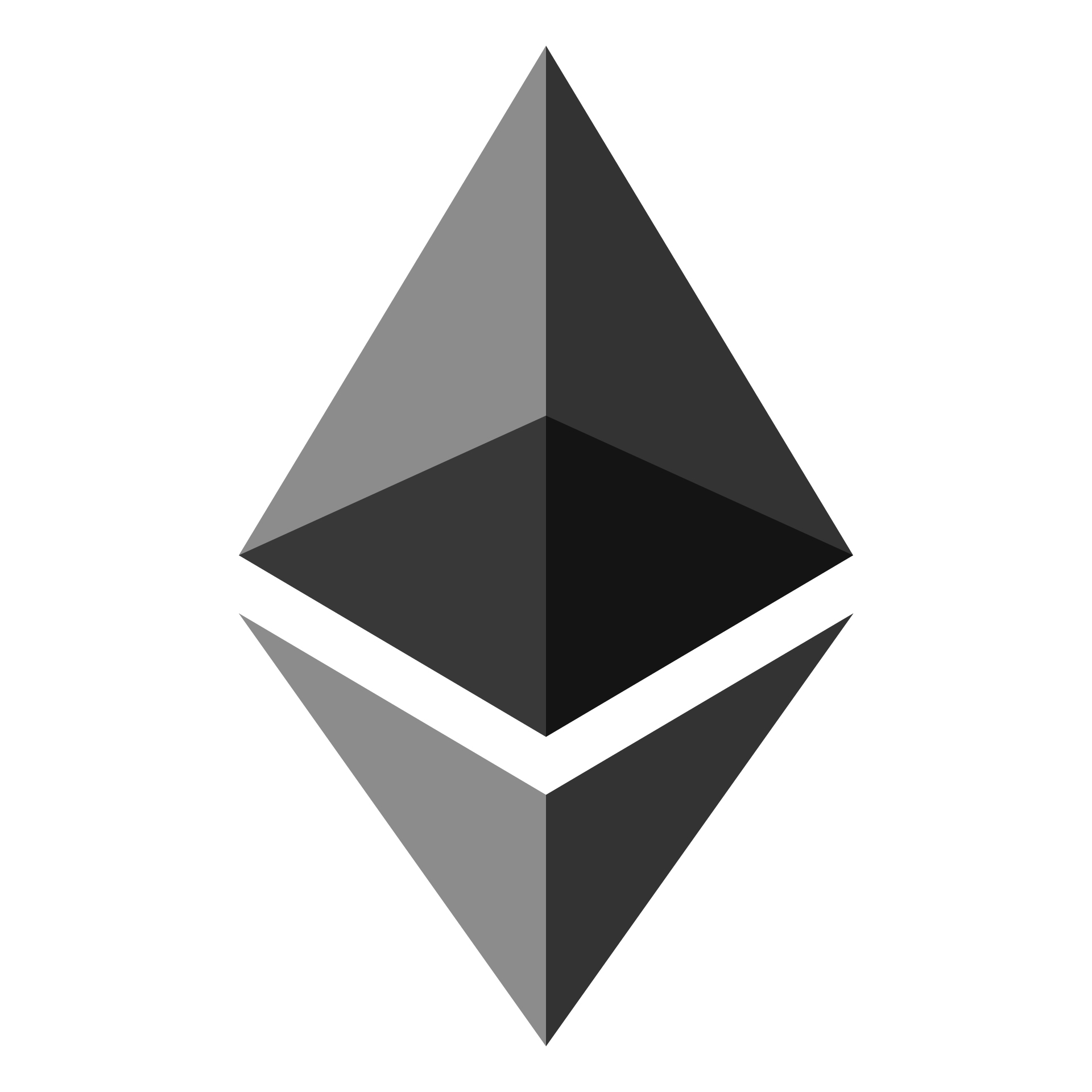
Ethereum
The Ethereum blockchain is a public blockchain that allows anyone to run a decentralized application. Anyone can join the network and make a transaction. The Ethereum blockchain enables businesses to operate with trust and transparency. Ethereum blockchain is immutable, which means that it cannot be changed or reversed. This is important because it helps businesses to be more trustworthy and transparent. It is a decentralized platform that runs smart contracts: applications that run exactly as programmed without any possibility of fraud or third-party interference.

Hyperledger Fabric
Hyperledger Fabric is a blockchain platform that helps businesses to create, manage, and deploy blockchain applications. The platform is designed to improve efficiency and ensure interoperability among blockchain applications. Hyperledger Fabric also offers businesses a powerful toolkit for building blockchain applications.

Stellar
As a digital asset, a blockchain-based system can be used to create and manage transactions and applications of value. Stellar is a digital asset that uses blockchain technology to store and manage transactions and is designed to be fast, secure, and scalable. Stellar is designed to provide a fast, low-cost alternative to traditional banking systems. Stellar is also designed to make it easier for people to get their hands on valuable assets and conduct transactions.
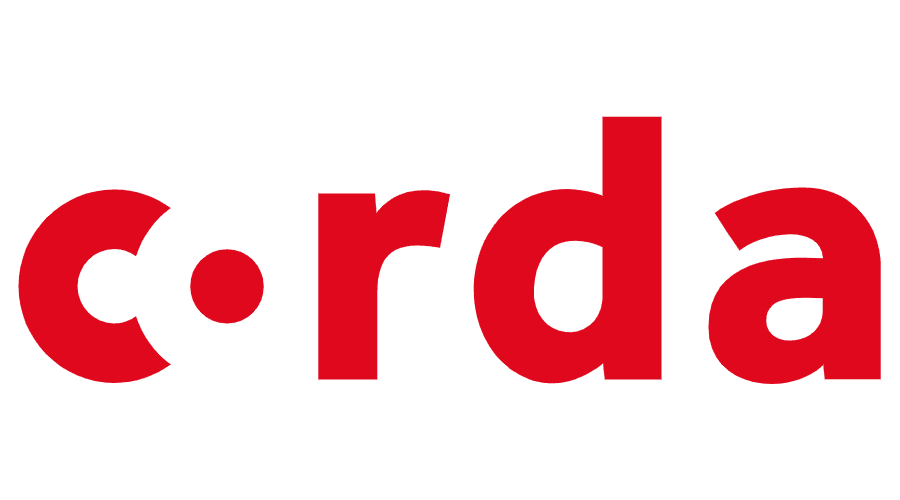
Corda
Corda is a blockchain-based platform that allows businesses to create and manage value-added services. By using Corda, companies can create a blockchain-based system for managing services and tracking customer interactions. This system can be used to improve customer satisfaction and reduce costs associated with traditional customer service. Corda also allows businesses to create DApps that allow for real-time communication between customers and businesses. This allows businesses to improve their customer experience and reduce the costs associated with customer service.
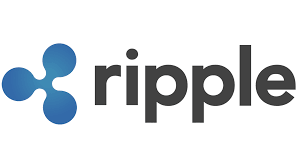
Ripple
Ripple is a blockchain platform that allows businesses to quickly and easily transfer value and contracts between buyers and sellers. This makes it perfect for businesses that need to keep track of valuable assets and transactions quickly and easily. By using Ripple, businesses can reduce the amount of time it takes to carry out transactions and reduce the risk of them being delayed or fraudulently handled.
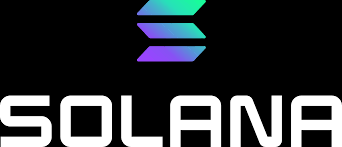
Solana
Solana is a platform that helps businesses make transactions and transactions between businesses easier and faster. This platform is used by businesses to make and conduct transactions more securely and efficiently. This is done by providing a secure platform for businesses to store their transactions and conduct transactions more securely. This is done by providing a platform that is decentralized and privacy-protected. This is done to make transactions between businesses easier and faster.

Cryptocurrency
This blockchain service allows businesses to create and manage their digital currencies. Cryptocurrency is a digital or virtual currency that is used to purchase goods and services, and to pay for goods and services in fiat or other cryptocurrencies. Due to their decentralized nature, cryptocurrencies are not under the jurisdiction of any one entity, including the government or financial institutions. Also, cryptocurrencies are frequently used to exchange on decentralized exchanges to purchase goods and services.
Cryptocurrency wallets: These are applications that allow users to store and manage their digital assets, such as bitcoin and ether.
Cryptocurrency exchanges: These platforms allow users to buy and sell cryptocurrencies.

Distributed ledger
This blockchain service allows businesses to track and manage transactions in a distributed manner. Using separate “nodes,” distributed ledgers can record, share, and synchronize transactions in each electronic ledger.
Distributed Consensus: This blockchain service allows businesses to manage their transactions without any central authority.
Final Thoughts
Blockchain technology is evolving rapidly. There are so many platforms now accessible. So, companies must take some time to weigh their alternatives before choosing one.
Our key research points might be useful for you. However, why not ask our staff for assistance if you still have questions or are unsure of which platform you should even choose?






